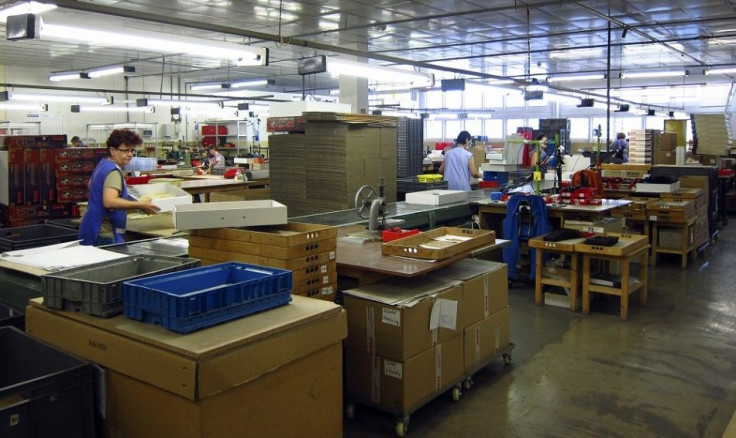Rising Railway Investments In Middle East Yielding Big Business To Many European Rail Equipment Companies [CORRECTION]

Thanks to the mammoth railway expansion in the Middle East, a big market opportunity has opened up for leading railway equipment makers in Europe and Asia. Rough estimates suggest that the ongoing railway projects in the Middle East and North Africa are worth $300 billion. There is big action at the railway front in Dubai, Qatar, Saudi Arbia, Oman and Bahrain, which are the main countries in the Gulf Cooperation Council. Qatar, which is hosting the 2022 FIFA World Cup, is building its prestigious Doha Metro project.
A Khaleej Times report notes that the Middle East's under-construction railway projects are about 33,700 km in mainline routes and 3,000 km in new metro lines. The bulk of the investment for railway in the Middle East and North Africa are for high-speed rail network, including the one in Morocco. Oman is executing its first ever rail scheme with billions of dollars going into rail and metro projects.
Business Opportunity
The bustling expansion of railways in metro and rail at the Middle East have opened the flood gates business in terms of more work that involves designing, building, supplying and operating the railways. According to Cosema Crawford, senior vice president at Louis Berger, the "Middle East is the fastest growing market for rail and transit in the world."
In 2015, GCC's first high-speed railway will be opened, connecting 450km. The Haramain High Speed Rail will link Jeddah with Rabigh and the holy cities of Makkah and Madinah in Saudi Arabia. Morocco will commission its TGV network, connecting Tangiers to Casablanca, as the first ever high-speed rail technology in the African continent, reports Asia Nikkei.
Many GCC states have ambitious urban railway projects in progress. They include Riyadh and Mecca in Saudi Arabia. Many states are also building intercity rail lines such as the one between Riyadh and Dammam. Another line will be running from Qatar's capital Doha to its border with Saudi Arabia. There is a planned second bridge coming up that will connect Bahrain and Saudi Arabia, to be built at a total cost of $5 billion.
European Players
In all these rail projects, companies from Europe have a special appeal as top suppliers for the region's railway equipment market in terms of railway cars and facilities. The sector has leading players in Alstom of France and Siemens of Germany. Both have their own consortia to run the contracts for the lines at the Riyadh Metro. Between the two, Alstom is the largest railway contractor in Middle East, if the total value of contracts are taken into account. European consulting companies are also doing good business as many Gulf countries have hired them for conceptualising and planning railway projects.
However, European players are facing some competition from the Chinese players, who entered the fray with competitive prices. The notable gains for the Chinese include, CSR bagging a contract to supply cars for the United Arab Emirates' Etihad Rail and another Chinese company being signed for a monorail project in Mecca.
CORRECTION: A November 12 version of this article erroneously stated that the under-construction railway projects are in Dubai. These projects are in the Middle East.






